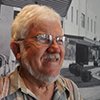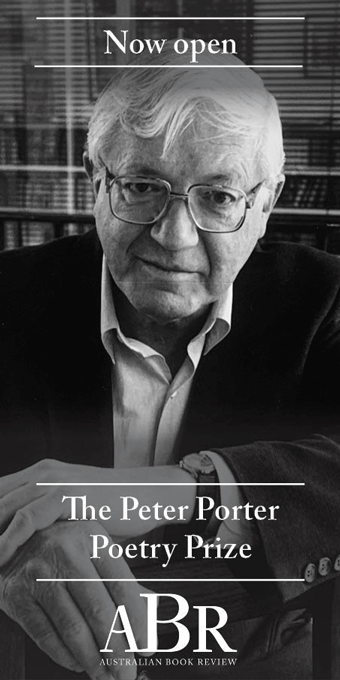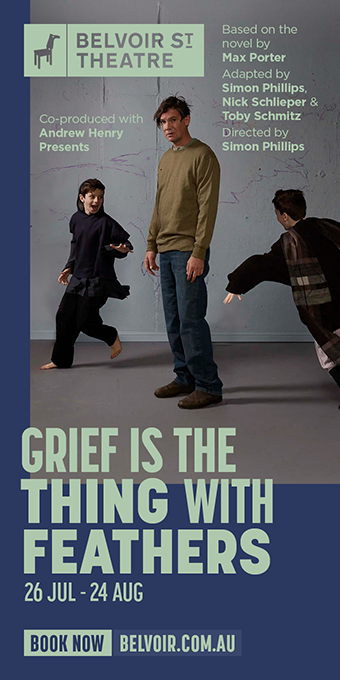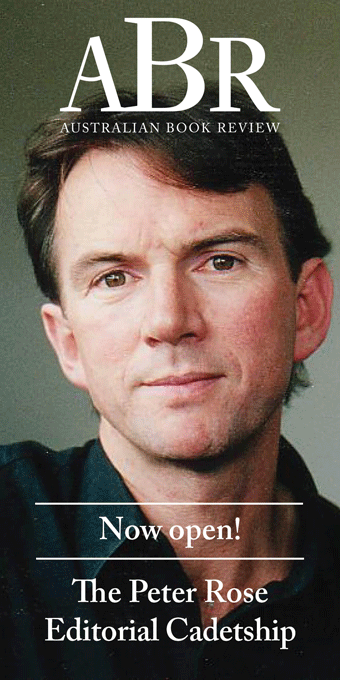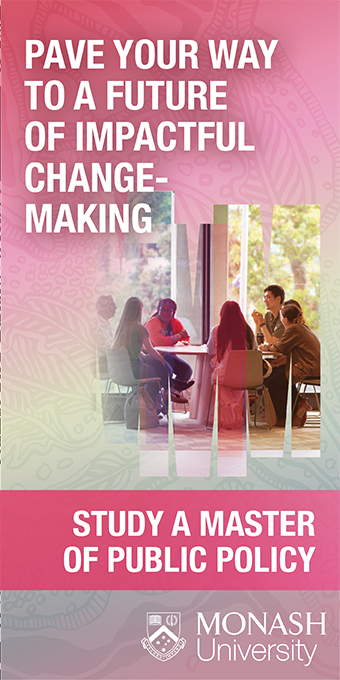Geoff Page
Geoff Page is based in Canberra. His books include 1953 (UQP 2013), Improving the News (Pitt Street Poetry 2013), New Selected Poems (Puncher & Wattmann 2013), Aficionado: A Jazz Memoir (Picaro Press 2014), Gods and Uncles (Pitt Street Poetry 2015), Hard Horizons (Pitt Street Poetry 2017) and PLEVNA: A Verse Biography (UWA Publishing 2016). He also edited The Best Australian Poems 2014 and The Best Australian Poems 2015 (Black Inc). His most recent books are in medias res (Pitt Street Poetry, 2019) and Codicil (Flying Islands Press, 2020)
Stephen Edgar, over the past two decades or so, has earned himself an assured place in contemporary Australian poetry (even in English-language poetry more generally) as its pre-eminent and most consistent formalist. His seemingly effortless poems appear in substantial overseas journals, reminding readers that rhyme and traditional metre have definitely not outlived their usefulness.
Edgar’s Th ... (read more)
The American poet William Carlos Williams often admitted how much he owed to the ‘little magazines’ that first published him. As they lapsed in and out of existence, he regarded them all as essentially the one publication and was grateful for the lifeblood they gave his (at first unpopular) writing. It is to be hoped that Australian literary magazines of various political shades and aesthetic ... (read more)
For Mark Tredinnick, best known so far as a nature poet employing distinctive and often ingenious imagery, A Gathered Distance is a brave book – even a risky one. It’s essentially the diary of a family breakup or, more accurately, its immediate aftermath. As with most poetry in the confessional genre, the poet is explicit about some people and reticent about others.
From the poetry itself, it ... (read more)
There is probably no book in a poet’s career more important than their first Selected Poems. It is here that poets have the opportunity to display the best of their work in all its variety over several decades. Individual collections are a mere step on the way. Collecteds tend to be posthumous and of interest mainly to scholars, reference libraries, and a cluster of devotees.
Barry Hill’s Eag ... (read more)
To some it may seem solipsistic to be reviewing what is, in effect, a collection of reviews, but when the reviewer in question is as smart as the late Clive James and the subject is as substantial as Philip Larkin (1922–85) this is unlikely to be the case.
Even if Somewhere Becoming Rain were not as good as it is, the very fact of its existence would still be moving. Knowing he is in his final ... (read more)
Andy Kissane, who (with Belle Ling) shared the 2019 Peter Porter Poetry Prize, is one of Australia’s most moving poets. He is unfailingly empathetic, a master of poetic narrative – and of the ‘middle style’ where language is not an end in itself but an unobtrusive vehicle for poignancy (or, occasionally, humour or irony). The Tomb of the Unknown Artist, Kissane’s fifth collection, is div ... (read more)
There has been a long and often troubled history of poets writing novels and novelists writing poetry. The skills needed are very different and equally hard to learn. Few writers have made equal careers in both. If they do, it’s usually the novels that receive most attention. (Margaret Atwood and Michael Ondaatje spring to mind.) Many major novelists, however, had some poetry among their early w ... (read more)
For admirers of Clive James’s poetry written since he became terminally ill in 2011 (and this reviewer is certainly one), The River in the Sky will pose something of a quandary. In collections like Sentenced to Life (2015) and Injury Time (2017), the poems were generally tough, vulnerable, well-turned and, given the circumstances, stoic. The River in the Sky has some of these qualities but is ve ... (read more)
After Stephen Edgar’s nine collections of poetry, the last seven of which are distinguished by an extraordinary control over metre and rhyme, a reviewer feels bound to ask how this new book, Transparencies, differs from its predecessors? There are at least two answers: the recurrent spirit of the poet’s mother, Marion Isabel Edgar (1922–2015), to whom the book is dedicated, and the poet’s ... (read more)


